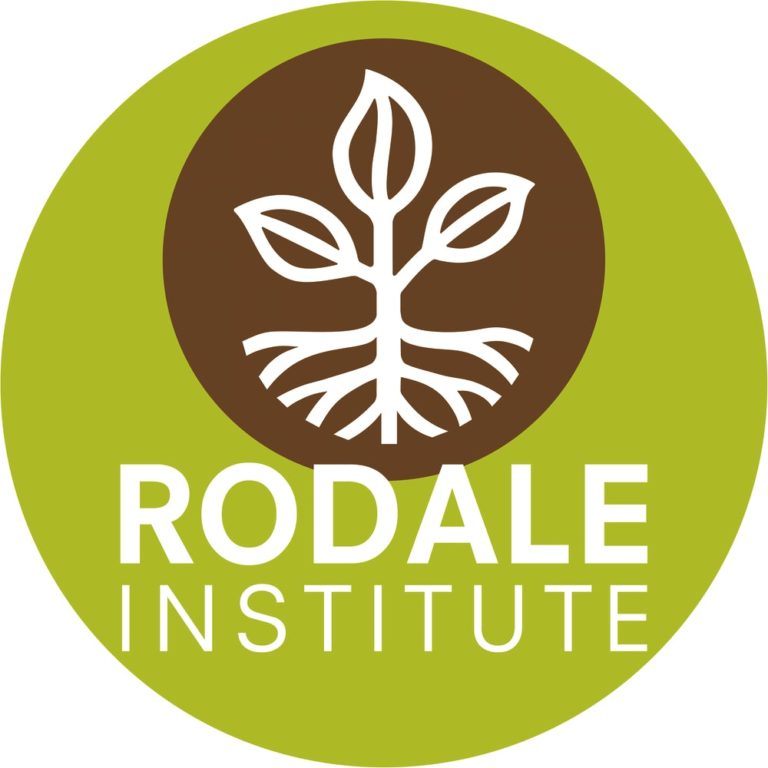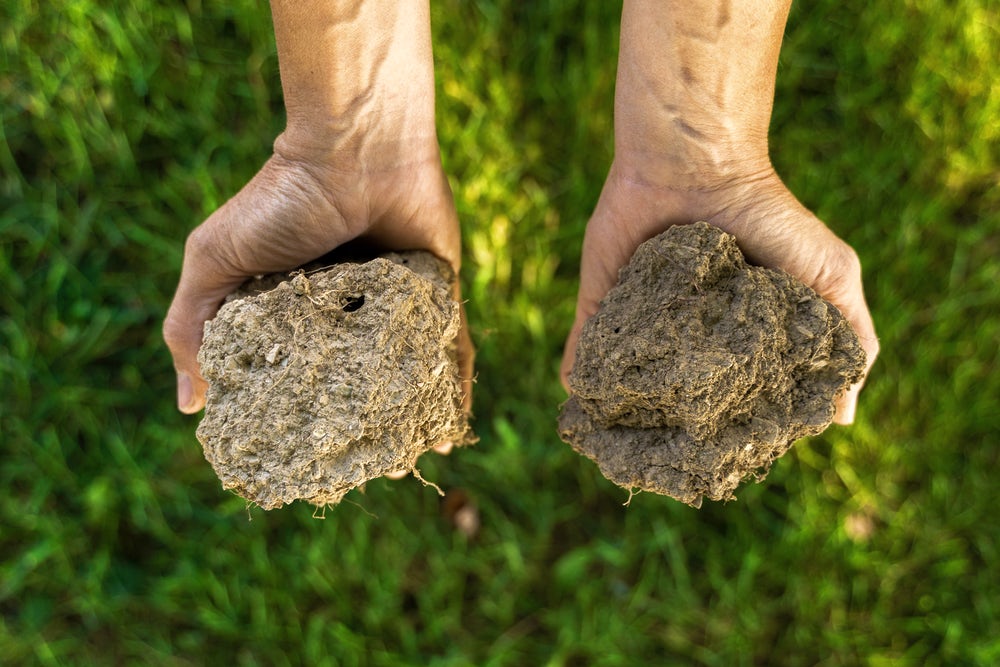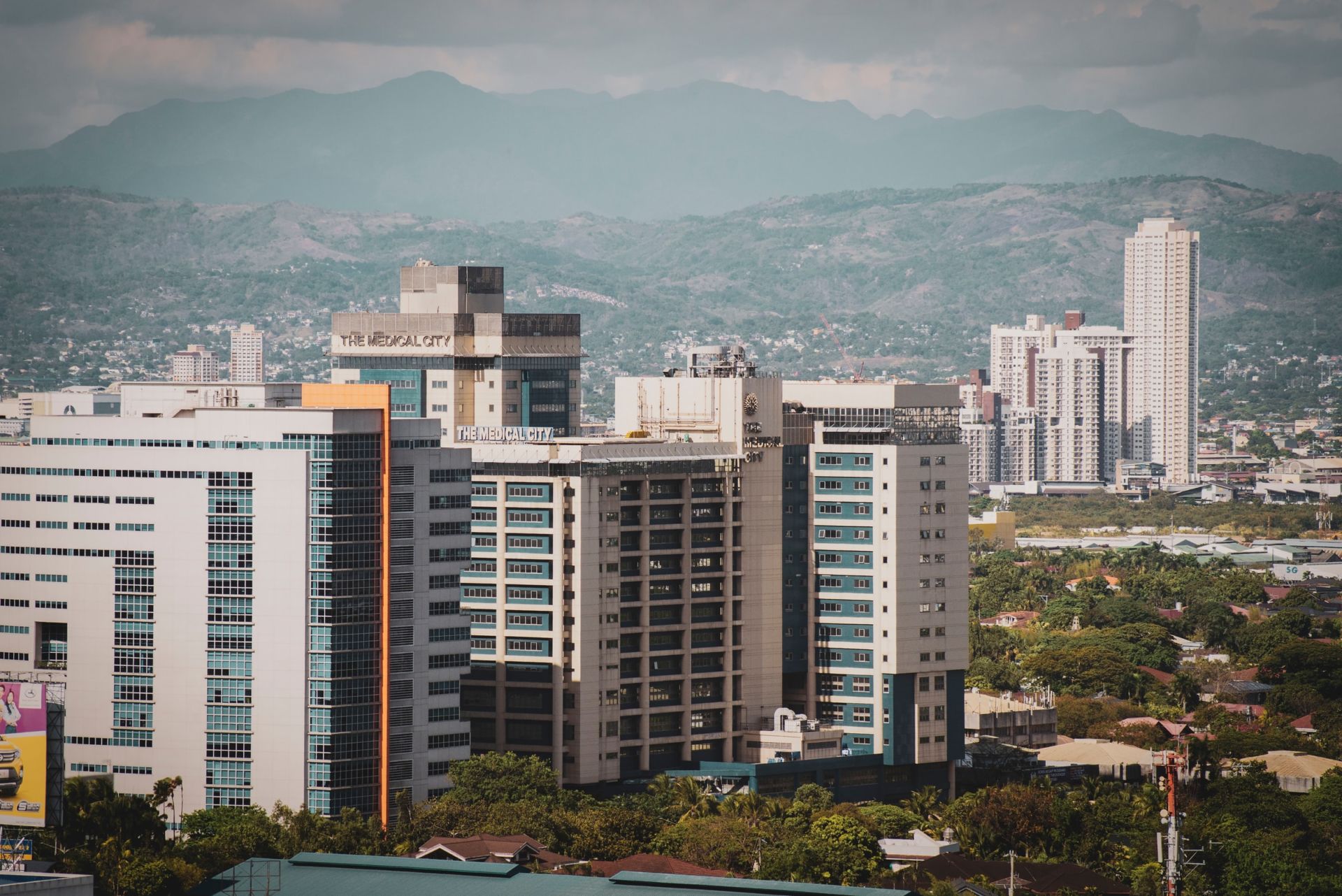This article is part of an editorial collaboration with Heifer International. It was first published on the Heifer International blog.
Healthy soil is the foundation to rebuilding the food system in the United States according to Rodale Institute’s Jeff Tkach.

“Soil health is everything,” said Tkach, the organization’s chief impact officer. Today, 70% of the crops grown in the U.S. are cereal grains used to feed livestock. Often, the practices used to grow those crops drastically diminish soil health, with monocropping and high use of pesticides destroying the land to prioritize cash crops.
The way we’ve managed our soils nationally and globally has been perilous, Tkach said in a March 3 discussion with Heifer International CEO Pierre Ferrari. The most damaging agricultural practices in the Rodale Institute’s assessment are: using pesticides and herbicides to manage weeds and pests, over-tilling the soil and monocropping. All three practices degrade the biodiversity of soils. But Tkach emphasizes that farmers should not shoulder the blame.
“Farmers are not the villain,” Tkach said. “We demonize farmers as chemical users, but farmers have delivered what we as consumers have demanded. At the grocery store, we have demanded cheap food.
But increasingly, consumers are demanding healthier food. While only 1% of U.S. cropland is currently certified organic, the industry reached more than $50 billion in sales last year. Tkach says we need to unlock barriers for farmers and incentivize the transition from conventional agriculture. Farmers need long-term contracts and guaranteed markets coupled with technical assistance and policy shifts.
Related Articles: Soil Health, Fertiliser Use and Agricultural Sustainability | What Is Happening To Our Soil?
At the same time, 75% of the country’s $3 trillion annual healthcare expenditure is related to preventable lifestyle diseases including heart disease and type 2 diabetes. To end malnutrition, prevent disease and improve global health, the Rodale Institute believes we must focus on food and farming systems that improve soil health.

The Rodale Institute was founded in 1947 by J.I. Rodale in order to prove his theory that healthy soil equals healthy food, which equals healthy people. Since then, the organization has been a leader in research and promotion of regenerative organic agriculture, a farming method that rehabilitates the land, leaving soil richer and more productive and the ecosystem healthier.
To that end, in the first partnership of its kind, Rodale is working with global food giant Cargill and poultry company Bell & Evans to transition 50,000 acres of corn and soy to organic.
“The vast amount of land [in the U.S.] is controlled by big grain farmers,” Tkach said. “If we’re going to mitigate the effects of climate change and soil [degradation] and truly change farming in this country, you have to go where the big acres are.”
Additionally, for about 40 years, Rodale Institute has collected data through its Farming Systems Trial, the longest-running side-by-side comparison of organic and conventional grain cropping systems in North America. The Institute also has its own regenerative organic certification and is working with brands like Patagonia and Dr. Bronner’s to promote certified products.
The soil health discussion with Jeff Tkach was a part of a speaker series, #HeiferTogether, which addresses the state of farmers around the world during the COVID-19 pandemic. In the live, 20-minute virtual conversations, Heifer CEO Pierre Ferrari and other leaders from the organization talk to experts about the present and future of our global food and farming systems, small farming in the United States, tech in agriculture, farming as it relates to the environment, and more.
Editor’s Note: The opinions expressed here by Impakter.com columnists are their own, not those of Impakter.com. — In the Featured Photo: A comparison of soil used in traditional agriculture (left) and organic agriculture (right). Featured Photo Credit: Rodale Institute.










